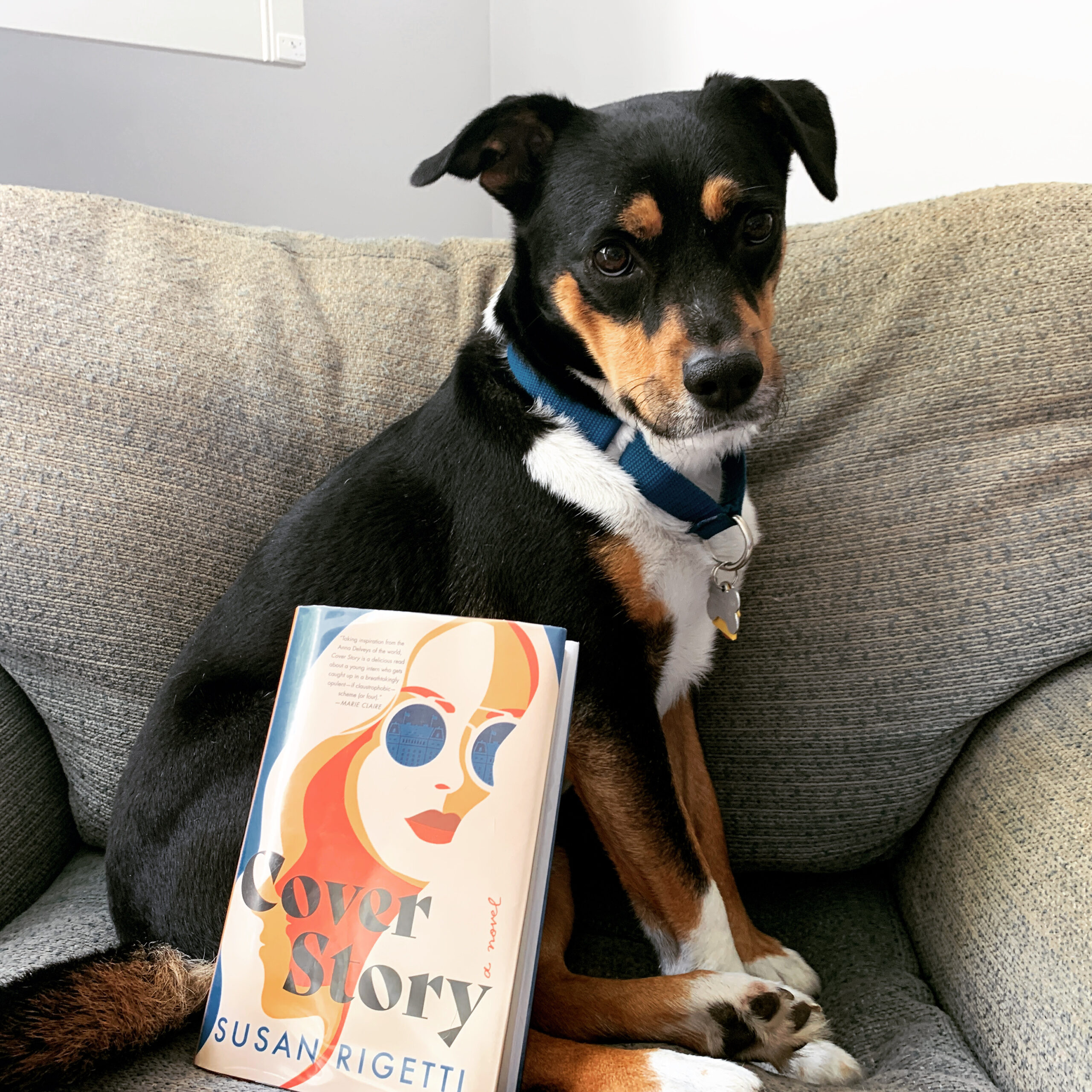The New York Times had a section on new fiction releases that revolve around families in yesterday's paper. A number of them look interesting. Here are the ones that caught my eye:
This is Exactly Like You, by Drew Perry. From the NYT: Jack Lang has trouble planning ahead, which is how, at the start of this
book, he has ended up as the owner of two houses (he impulsively put up
his hand when a ranch across the street from his own was being
auctioned), one of which is filled with unfinished projects: a kitchen
floor half-tiled, a plywood wall where a breakfast nook was supposed to
go, a half-insulated attic. Another thing that Jack hasn’t quite
finished is his dissertation, which is part of the reason he’s running a
mulch-and-garden center instead of teaching at the local college, like
his wife Beth. Beth, meanwhile, has left him and their autistic son
Hendrick to move in with Jack’s closest friend. In the course of the
book all three of them confront the things that you can control — and
those you can’t — and start to figure out what to do about them.
Imperfect Birds, by Anne Lamott (about which I have read mixed things). From the NYT: When Elizabeth Ferguson finds Valium pills in her daughter Rosie’s
jeans, Rosie has a classic explanation — they belong to a friend. “I got
all A’s last term,” Rosie reminds her mother. “I’m holding down two
jobs. I’m a good kid, Mom,” That’s all true, but so is the fact that
Rosie is being drawn into a world of drugs and sex, one that her mother,
Elizabeth, and her stepfather, James, prefer not to see. And besides,
both of them have demons of their own to contend with, including
Elizabeth’s alcoholism and depression. In the end, the whole family is
forced to confront what’s really happening. The book continues a family
tale begun in Anne Lamott’s 1983 novel, “Rosie.” Ms. Lamott is best
known for her collections of spiritually inflected essays.
The Season of Second Chances, by Diane Meier. From the NYT: At 48, Joy Harkness, a professor at Columbia, still doesn’t have the
life she imagined. The one in which she “would become that self-assured
woman who knew where the important people lunched,” a woman who “Susan Sontag would choose
to meet for an early supper and a movie we might then hack to pieces.”
So when she is recruited by Amherst, she
puts her apartment on the market, packs her things and moves north.
There, installed in a wreck of a Victorian, she discovers that the life
she’s been waiting for might have a different shape altogether.
Please weigh in if you've read them!












About Me
I have been blogging about books here at Everyday I Write the Book since 2006. I love to read, and I love to talk about books and what other people are reading.